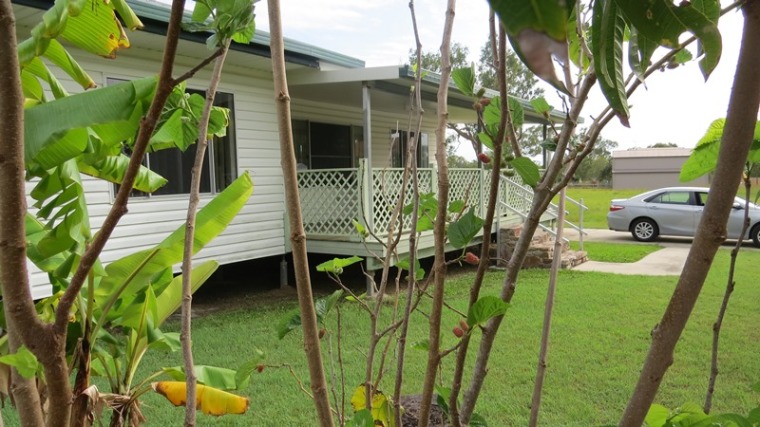

Jessica, Amanda and Sarah—the most popular baby names for girls born in 1986. Sophia, a favourite choice of today's parents, barely even featured on lists.
My mum and dad met at Bible college in the 80s: a pair of Daniel-dieting Christian hippies. Inspired by their radical faith, they named me Sophia.
Whenever I met someone who had even a smattering of Ancient Greek they'd tell me: your name means 'wisdom.' I grew up with this profound and puzzling moniker. I've always felt a tension between the desire to live up to my name, to walk in wisdom, and my failure to grasp the vastness of God's wisdom.
Naturally, the story of King Solomon appeals to me in my quest to reconcile this tension.
A wise king?
Solomon was the son of Bathsheba and King David and, despite not being the oldest son, is chosen by David as successor to the throne.After David dies, Solomon defeats the last of David's adversaries and takes his place as rightful king of Israel. Solomon becomes the most powerful, wise and wealthy ruler of his time.
However, the narrative of 1 and 2 Kings tracks the journey of Solomon, the splitting of the kingdom, and the descent of God's people into idolatry and eventual exile from God's Promised Land.
If Solomon was so wise, what went so wrong?
Finding wisdom
It is clear Solomon's wisdom is from God.God comes to Solomon in a dream, asking him what he wants. Solomon humbly asks for discernment. God fulfills Solomon's request and grants him wisdom, wealth and honour, with the promise of a long life if Solomon obeys God's commands.
Solomon had it all—God's favour, wealth, power, wisdom and fame. He brought peace to the land, enabling the building of God's temple—where God dwelt with his people. At this high point of intimate worship, the LORD warns Solomon—and all of Israel—to serve God alone. Their hearts must be devoted to him, resting in his love and provision. But things begin to unravel. Solomon's wayward heart leads him astray and he directly disobeys God. We see the seeds of ruin come to fruition.
Good king, bad king
Solomon's story is problematic for a wisdom-seeker like me. On one hand it drives me to seek God, to humble myself and ask for his wisdom. But it is also a caution.
Solomon could not let go of idolatry. Even as he begins his reign I see the seeds of his destruction: an advantageous marriage to a foreign woman and duplicitous worship of God.
Solomon baffles me. He had intimacy with the living God, and yet continued to worship other gods on the side.Surely this is a fundamental misunderstanding of who God is: the belief that the almighty creator and sustainer of all life is a choice in a buffet of gods?
The consequences of Solomon's actions echo past his own lifetime. The kingdom of Israel divides into two. Eventually, both kingdoms are taken away from the Promised Land and the temple is destroyed. The wealth of God's kindness and provision? The intimacy Israel enjoyed with the temple? It is all squandered.
Solomon's story is difficult for me to digest neatly; alluding to uncomfortable truths about my own life. I hear echoes of Jesus' words to the rich, young ruler; a man who was caught up with earthly concerns. I'm reminded of the jealous exclusivity of God, who refuses to be measured alongside mere images of wood and stone.
Are there parts of my life where I am tempted to follow my wayward heart?
Even as we see the LORD's anger burn against Solomon we get a glimmer of hope—the promise to preserve one tribe for the sake of David.And from that tribe comes Jesus.
In Jesus we have a king whose heart is pure and who rules with perfect justice. God provides Jesus as THE way for me—for us—to have new hearts; hearts we could not manufacture with our own efforts.
Sure, Solomon had it all, but it wasn't enough: he needed a heart change. He needed wisdom personified. And it's here the story Solomon really hits me in the guts: I have riches and wisdom greater than Solomon's through the life, death and resurrection of Jesus.
Although the temple—God's dwelling place with his people—is destroyed, it is not the end. God remains faithful to his promise to bless the whole earth. And I am a recipient of this blessing, this supremely kind act of faithfulness. I have a closer intimacy with God than Solomon enjoyed, through the indwelling of the Holy Spirit.
When I consider the beauty of the temple Solomon created for God I am amazed God would choose to dwell in us, his Church.
What does it mean to walk in wisdom?
To live up to my name?
Well, it's not about me or my name, but about Jesus—who is wisdom, who is our provision, and the changer of our wayward hearts.
To walk in wisdom is to walk with Jesus.
Sophia Sinclair has qualifications in English, Theatre and Journalism. She is a Kiwi living in Sydney with her husband Andrew and their son Guy.
Sophia Sinclair's previous articles may be viewed at http://www.pressserviceinternational.org/sophia-sinclair.html